|
LISTEN TO THIS THE AFRICANA VOICE ARTICLE NOW
Getting your Trinity Audio player ready...
|
Zimbabwe’s President Emmerson Mnangagwa on Friday, March 28, 2025, appointed Emmanuel Matatu, a relatively obscure military figure from his home province of Midlands, as the new head of the Zimbabwe National Army. Matatu, reportedly 72 years old, is a veteran of the 1970s liberation war and trained in Zambia as a member of the Zimbabwe People’s Republic Army (Zipra). Analysts believe his appointment is a strategic move to maintain stability within the military. Political analyst Eldred Masunungure noted, “He is the fourth commander of the Zimbabwe National Army since Mnangagwa took office less than eight years ago. It tells a long story of unstable party-military relations.”
Matatu is seen as a close ally of Zimbabwe Defence Forces (ZDF) commander Philip Valerio Sibanda, another former Zipra fighter. Observers suggest Sibanda is consolidating control over the military, a development that could reinforce Mnangagwa’s grip on power.
Matatu’s appointment follows the dismissal of Lt. Gen. Anselem Sanyatwe, on Tuesday, marking the third high-profile shake-up of Zimbabwe’s security leadership in recent months. Previously, Mnangagwa had removed the chief of police and the head of Zimbabwe’s intelligence service. Political analysts suggest these dismissals are a response to mounting fears of a potential coup as divisions within the ruling ZANU-PF party deepen.
Sanyatwe has been reassigned as Minister of Sports, Arts, and Culture, replacing Kirsty Coventry, who was recently elected President of the International Olympic Committee. His removal is widely seen as part of Mnangagwa’s broader strategy to consolidate power ahead of planned nationwide protests on March 31.
The latest military reshuffle comes at a time of growing discontent within ZANU-PF and among war veterans, some of whom have called for demonstrations to force Mnangagwa’s resignation. The veterans, who played a key role in the liberation struggle and remain politically influential, have accused the president of economic mismanagement and plotting to extend his rule beyond 2028, when his second and final term is set to end.
At a recent party meeting in Harare, Mnangagwa dismissed these claims, warning against “people who want to disturb our peace.” However, Masunungure noted that the president’s actions suggest he is taking the threat seriously. “He appears to be protecting himself against a potential coup,” he said.
The war veterans leading the protest movement have expressed their support for Vice President Constantino Chiwenga, a retired general who led the 2017 coup that ousted longtime ruler Robert Mugabe. While it remains uncertain how much public backing the veterans have, their historical ties with the military make them a formidable political force.
Amid growing political tension, the government has issued warnings against the planned protests. Zimbabwe’s security minister has cautioned citizens against participating, while police have imposed a four-day ban on carrying weapons or any items that could be used to incite violence in the capital.
Mnangagwa, known for his ruthless political tactics and nicknamed “The Crocodile,” took power in 2017 following Mugabe’s ouster. His presidency, now in its second and final term, has been marred by accusations of corruption and economic decline. Despite his recent reassurances that he will step down in 2028, skepticism remains high within the ruling party and the general public.
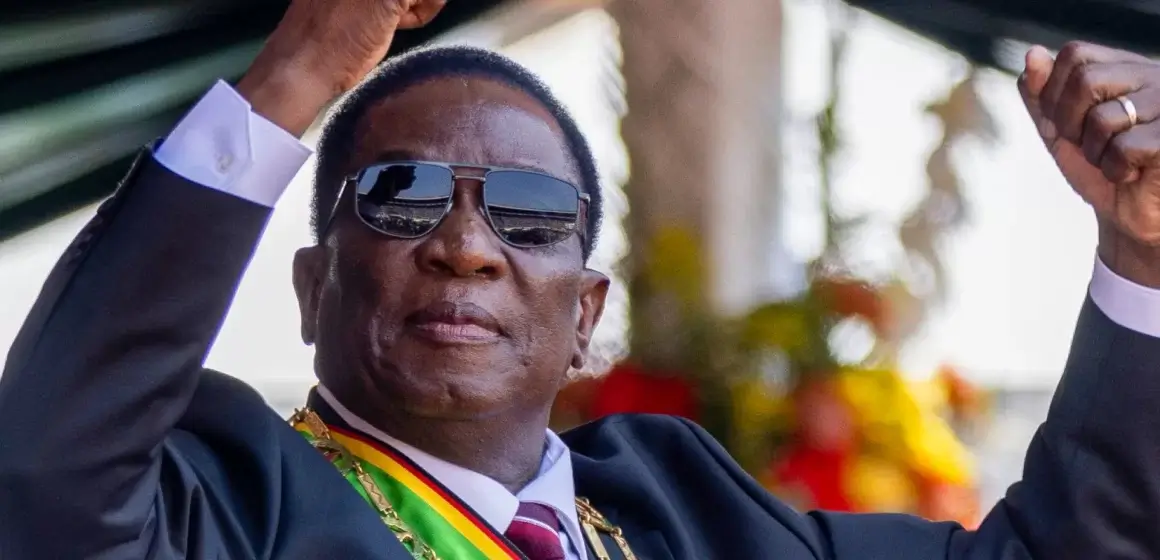




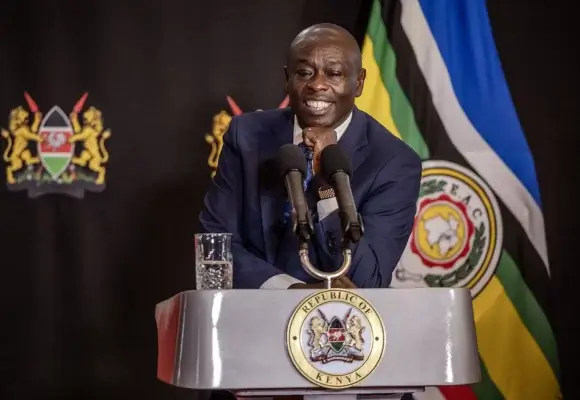
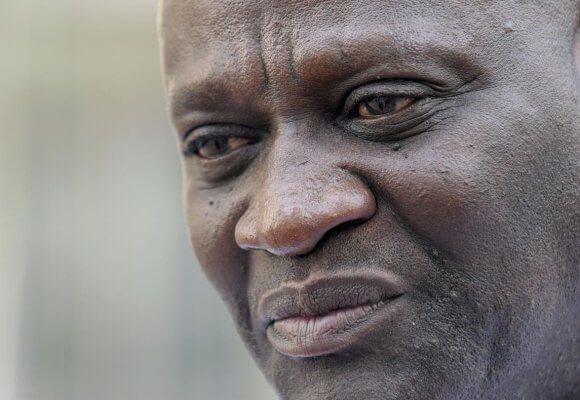
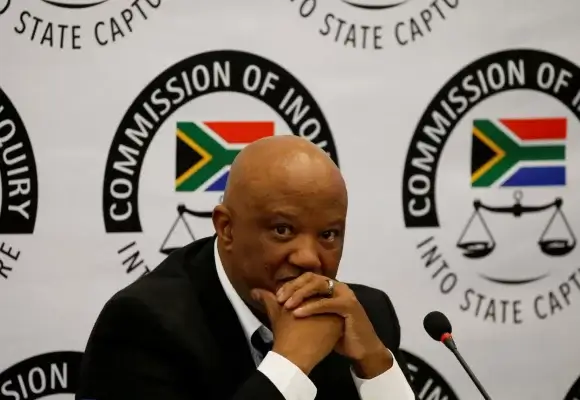
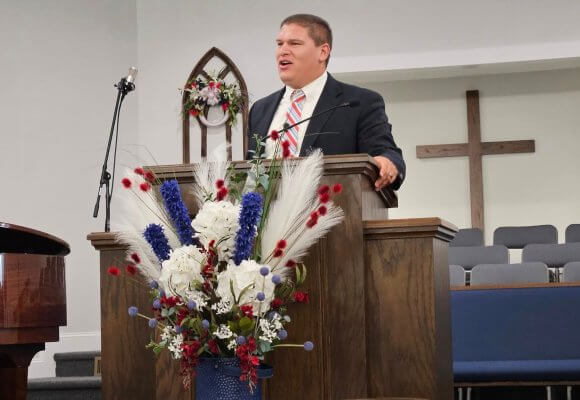


LEAVE A COMMENT
You must be logged in to post a comment.